The final months of the year tend to bring a surge in sugary treats, thanks to three major U.S. holidays: Halloween, Thanksgiving, and Christmas.
Whether it’s leftover Halloween candy or the pumpkin pies soon to be baked for Thanksgiving, many of us are consuming more sugar than usual this time of year. While it’s often excused as part of the holiday fun, excess sugar can harm our teeth, leading to cavities and tooth decay.
The American Heart Association recommends that added sugars make up no more than six percent of daily calories — roughly 25 grams for women and 36 grams for men.
According to the U.S. Centers for Disease Control and Prevention, 21 percent of adults aged 20 to 64 had at least one permanent tooth with untreated decay in 2024. Among children aged two to five, 11 percent had at least one untreated cavity in their baby teeth.
With the holidays right around the corner, Dr. Catrise Austin, a cosmetic dentist in New York City, says that by the end of December, our mouths can suffer from what she calls a “sugar hangover.” During this period, she explains, the pH balance of our saliva — a key factor in maintaining oral health — can become disrupted, creating a more acidic environment that’s tough on teeth.
“All that dessert, candy, and sweet drinks leave behind a trail of acids that drop our mouth’s pH from a healthy neutral 7.0 to around 4.5 — the level where enamel begins to dissolve,” she tells The Independent, referring to the outer layer of the tooth that shields the inner layer from damage. “That acid attack can last 20 minutes or more after each sugary bite, and when sugar exposure is frequent, your mouth stays in an acidic state nearly all day.”
While brushing and flossing after eating sweets is essential, Dr. Austin notes that certain foods can act as the “mouth’s best medicine,” helping to restore pH balance to a neutral level.
Here are the foods and drinks dentists say can help protect your teeth after indulging in a few too many holiday treats this season.
Fruits and vegetables like apples, carrots, and celery
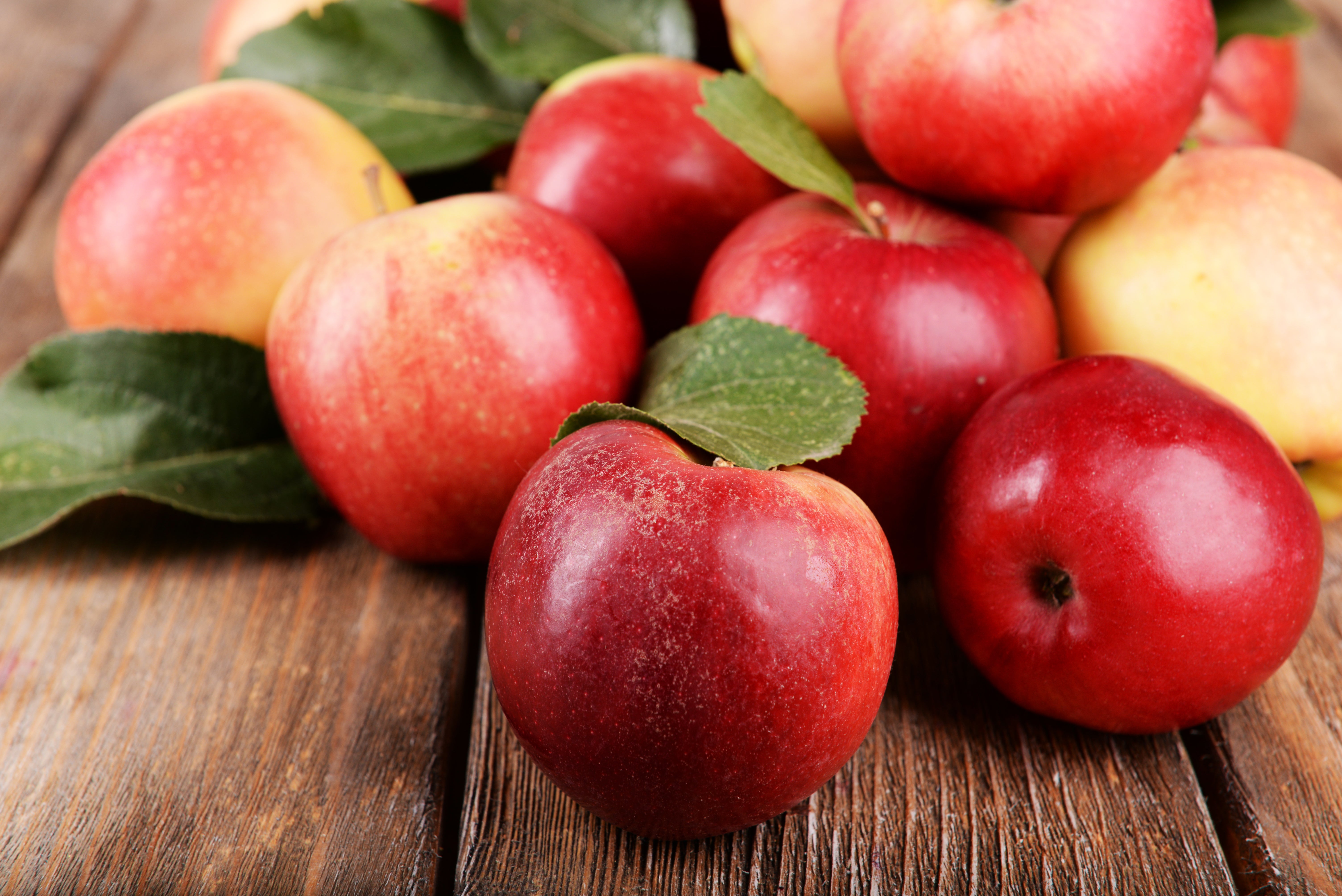
While fruits and vegetables are essential sources of vitamins and nutrients, they’re also great for your teeth. Dr. Austin — who hosts the podcast Let’s Talk Smiles — says that crunchy produce like apples, carrots, and celery helps stimulate saliva, which she calls the body’s “natural buffering system.”
“Saliva neutralizes acid, restores the pH toward 7.0, and replenishes minerals like calcium and phosphate to repair early enamel damage,” she explains.
According to the American Dental Association, saliva also delivers “disease-fighting substances throughout your mouth to help prevent cavities and other infections.”
Cheese
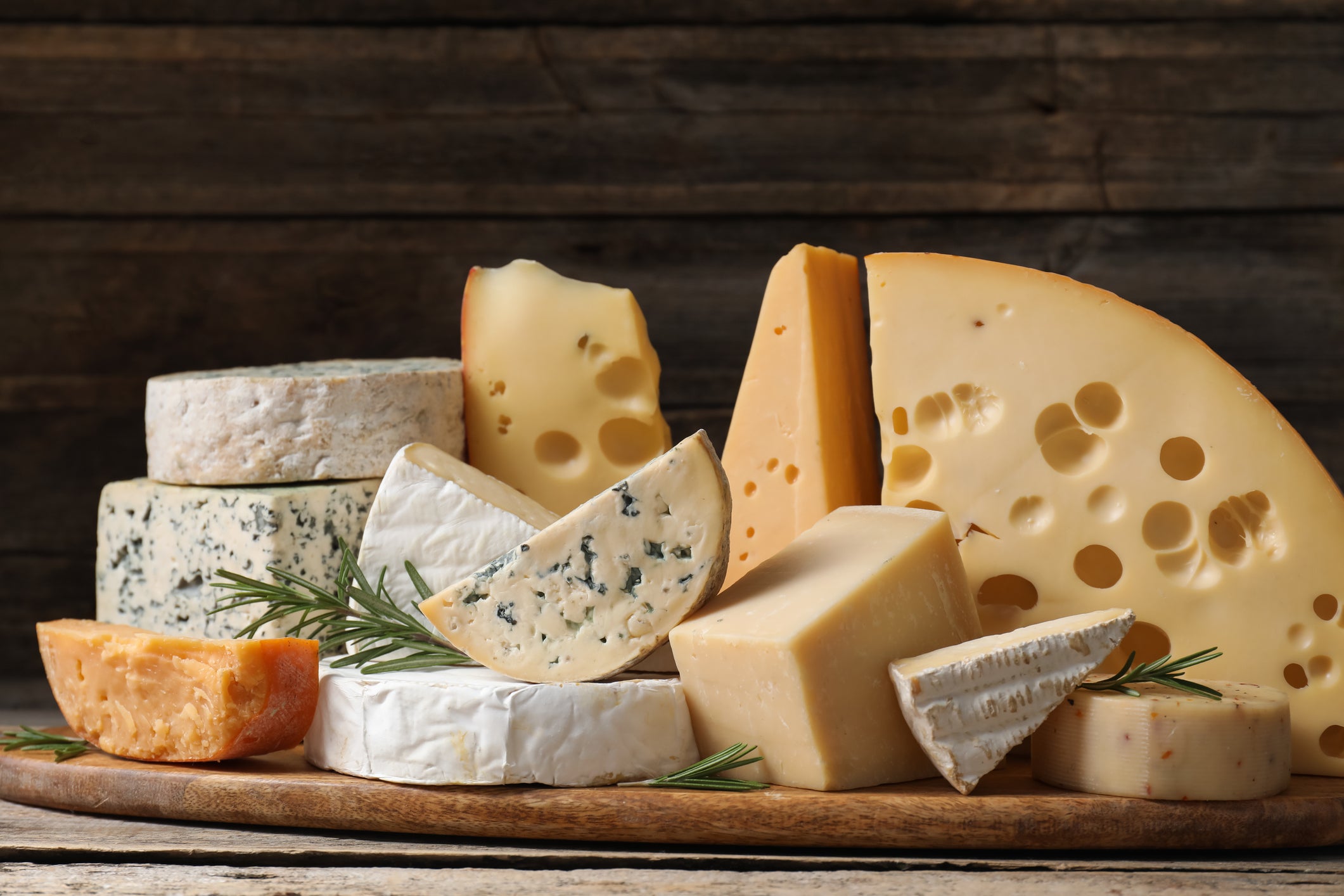
Dairy might just be the next best thing to reach for after a slice of pumpkin pie. Christopher Tolmie, a multi-practice dentist at PDS Health in Florida, tells The Independent that cheese provides calcium and phosphate, which help repair tooth enamel, and that plain yogurt can have a similar effect.
He adds that both cheese and yogurt can help restore the mouth’s pH balance to a healthy range, which is between six and seven. Sugary foods, on the other hand, can drop that level to 5.5 or below, creating an environment where cavities can form.
Leafy greens
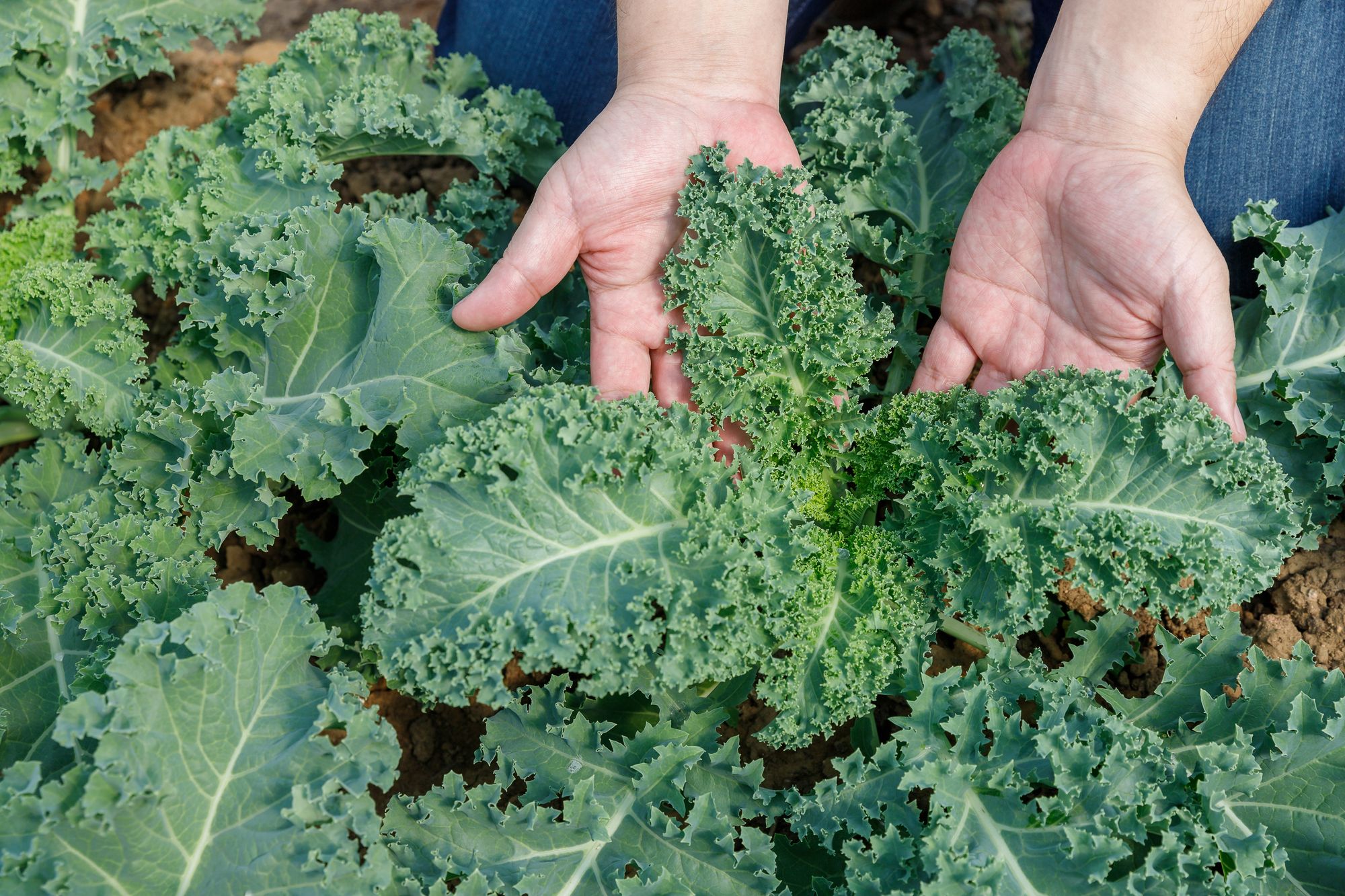
Austin also recommends leafy greens, like kale and spinach, to help your mouth’s overall health.
“They’re high in mineral and folate content that strengthen gums and counteract acid stress,” she says.
Plus, their coarse texture gives your teeth a gentle scrub, helping to remove food particles and plaque between brushes.
Unsweetened green or black tea
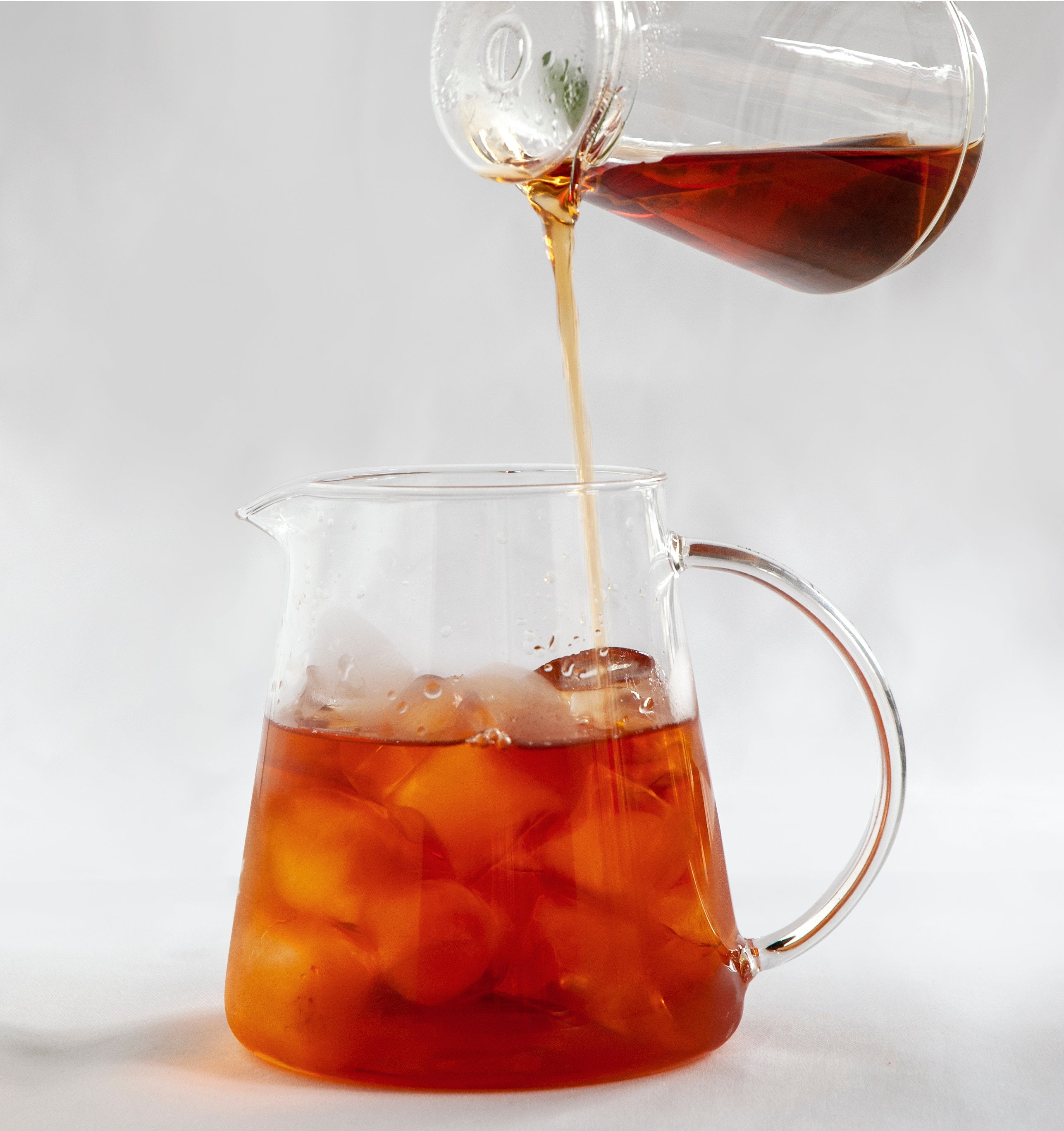
Of course, too many drinks with added sugars, like soda and artificial juices, are not good for your teeth. Still, that doesn’t mean you can’t have something other than water. Tolmie recommends unsweetened green or black tea for keeping your teeth healthy this holiday season.
“These teas have polyphenol, a compound that inhibits bacteria from sticking to the teeth,” he says.
According to a 2022 study published in Molecules, polyphenols can help prevent bacteria from sticking to teeth, reducing plaque buildup and lowering the risk of oral infections.
Almonds
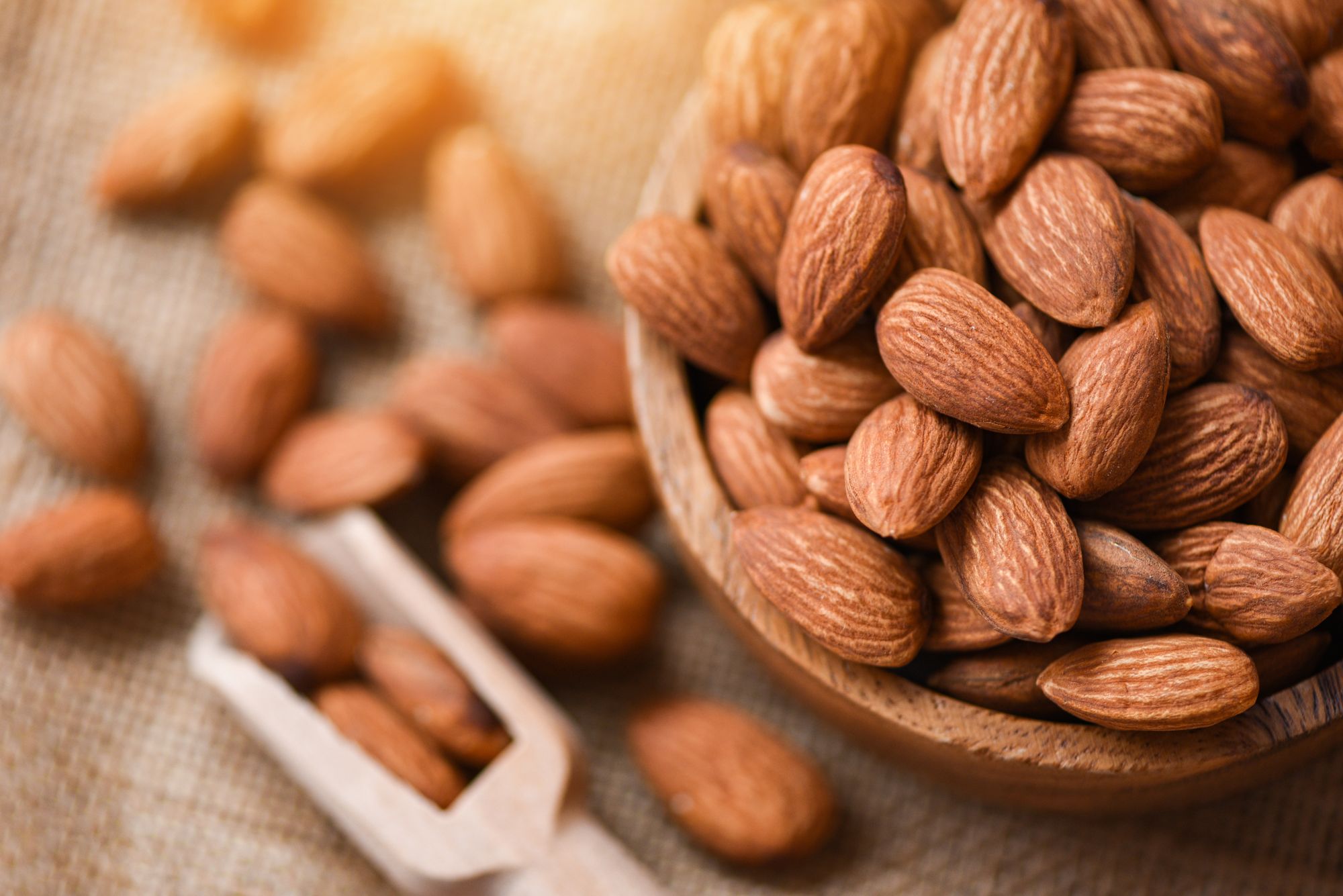
Almonds are another simple snack that helps boost saliva production.
“They are packed with calcium and protein, and they help buffer acids,” says Dr. Steven J. Katz, a board-certified endodontist based in Ohio who specializes in treating the inner structures of the tooth. “They encourage saliva production, and gently clean the teeth as you chew.”
Sugar-free gum with xylitol
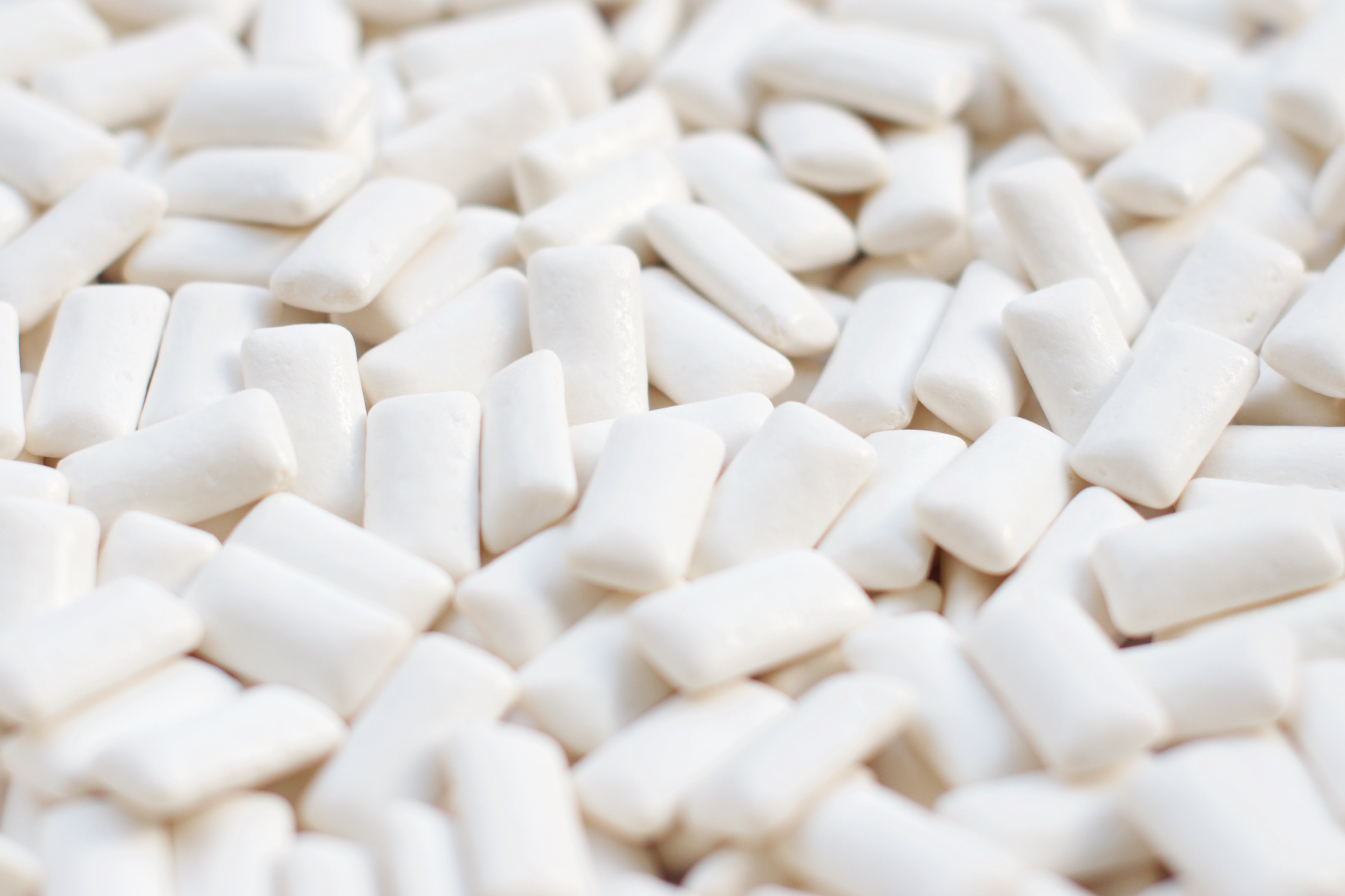
Although it’s best to steer clear of sticky, gummy treats after eating a lot of sugar, one type of “gum” gets a pass. Dr. Katz recommends chewing sugar-free gum made with xylitol, “a naturally occurring sugar alcohol found in many fruits and vegetables,” which has about half the calories of regular sugar. Xylitol may also help prevent tooth decay by reducing the levels of harmful bacteria in the mouth.
“Chewing sugar-free gum stimulates saliva flow, and xylitol specifically helps inhibit the bacteria responsible for cavities,” Katz says.
A 2022 review in the Journal of the International Society of Preventive & Community Dentistry also found that consuming five to 10 grams of xylitol daily — including through chewing gum — significantly reduced the risk of cavities.
Water

The simplest and most affordable way to protect your teeth after a bowl of candy? Drinking water — which Katz calls the most effective option.
“Water rinses away food debris and bacterial acids that lead to decay. If it’s fluoridated, it also strengthens and rebuilds enamel,” he explains.
Experts say this bread may be the best to lower blood pressure
Starbucks’ ‘Bearista’ cup sends fans into a frenzy, and it’s being resold for $500
King Charles leads Remembrance Sunday service at Cenotaph
The juice bar shot that can boost your immune system this cold and flu season
Amy Dowden watches Strictly from home as she recovers from second mastectomy







